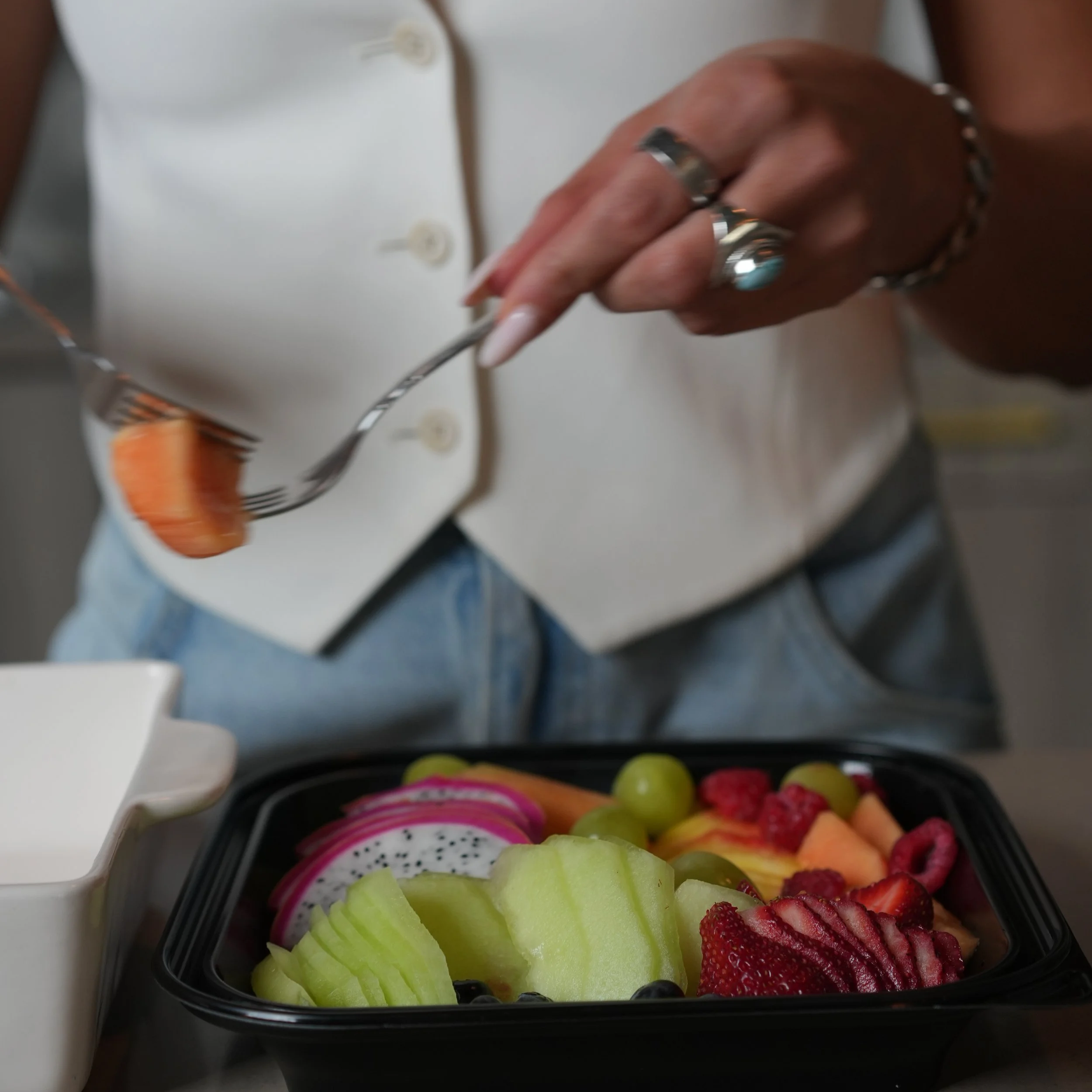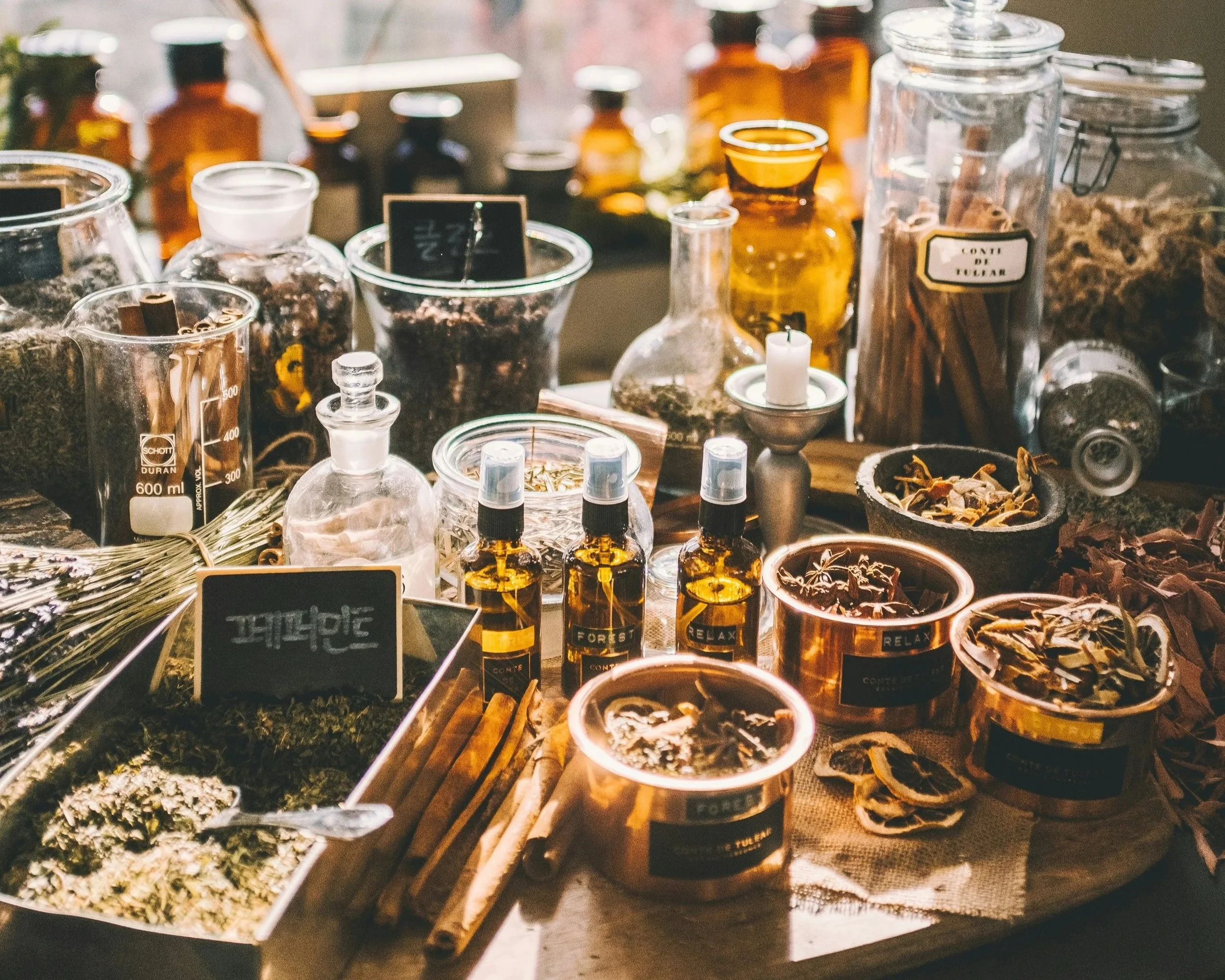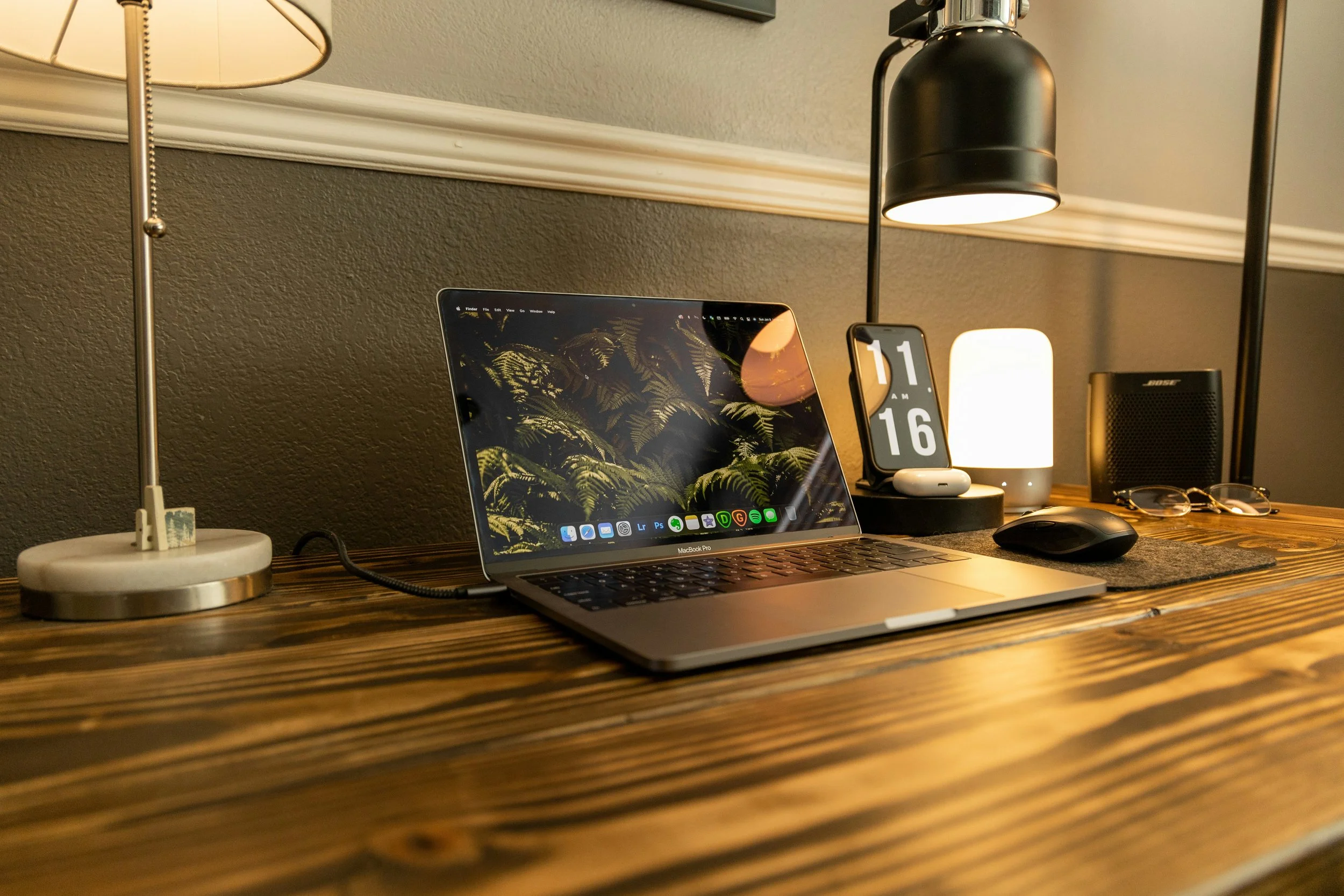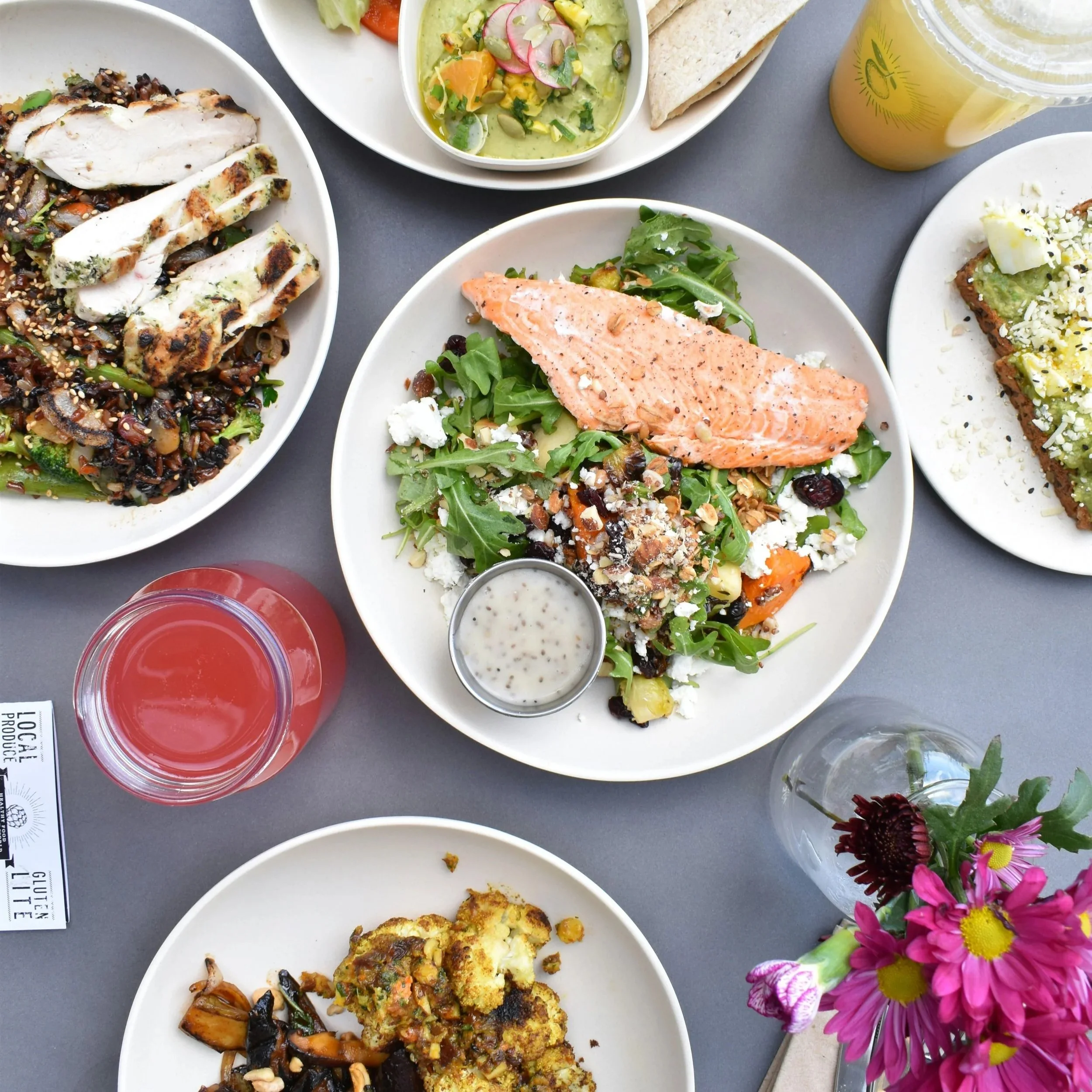Microdosing: Who Should Consider Alternatives?
*Disclaimer: Hey there! Just want to let you know that I'm not a doctor and can't provide medical advice. I'm also not here to hook you up with any illegal substances or tell you where to get them. My goal is to provide educational and harm reduction information only.*
So, let's dig into it! We're talking about microdosing today and who should think twice or explore other options when it comes to using psychedelics.
1. Folks with psychiatric conditions
If you already have a mental health condition like schizophrenia, bipolar disorder, or severe anxiety, it's essential to tread carefully with microdosing. Psychedelics can mess with your consciousness and potentially make symptoms worse, which is the last thing we want. We don't need any added distress or complications, right?
2. Women who are pregnant and/or breastfeeding
To all the expecting and breastfeeding mamas out there, it's wise to steer clear of microdosing for now. Studies on the effects of psychedelics during pregnancy and lactation are limited, and we want to prioritize the well-being of both you and your little one. It's best to explore alternative approaches that support your mental well-being without any potential risks.
3. People with a substance abuse history
If you've had past struggles with substance abuse, microdosing might not be the best path for you. While some folks have found microdosing with psychedelics can help them break free from addictive behaviors, it's not a guarantee. Psychedelics can, indeed, have profound effects on your brain and perception, but it varies from person to person.
4. Medication interactions
Hold up, if you're taking any medications, especially ones like antidepressants, lithium, antipsychotics, or mood stabilizers, it's crucial to be aware of potential interactions with psychedelics. Mixing these medications with psychedelics can lead to unpredictable effects, and we don't want to compromise your mental and physical health. To stay on the safe side, it's essential to have a chat with your healthcare provider. They can assess any potential interactions and guide you toward the best course of action for your well-being.
5. People experiencing new grief or trauma
Life can be tough, and sometimes we go through incredibly challenging experiences like grief or trauma. If you're in the midst of these emotional storms, it might be best to hold off on microdosing for now. Starting a new practice like microdosing while you're feeling vulnerable might actually intensify your emotional distress instead of providing the positive outcomes you seek. Take your time, focus on healing, and consider exploring microdosing when you feel more emotionally grounded.
While microdosing holds exciting potential for many individuals, it's vital to recognize that it's not a one-size-fits-all solution.
Understanding the science behind these potential contraindications can help you make informed decisions about your well-being. Prioritizing responsible and science-based practices is key to ensuring your safety and getting the most suitable and personalized options.
If you're looking for support or guidance in incorporating microdosing into your life, I'm here to lend a hand! As a one-on-one mentor, I can provide valuable insights and help you build a healthy relationship with microdosing. Feel free to reach out to me—I'd love to hear from you and support you on your journey toward well-being.
Remember, it's essential to consult with healthcare professionals and therapists who can provide personalized advice based on your specific circumstances. Your well-being is our top priority! Let's navigate this journey together and make informed choices that serve you best.
VIRTUAL PSYLOCIBIN GUIDANCE
If you’ve ever been curious about microdosing psilocybin but feel confused about where to begin, this program is for you.
















